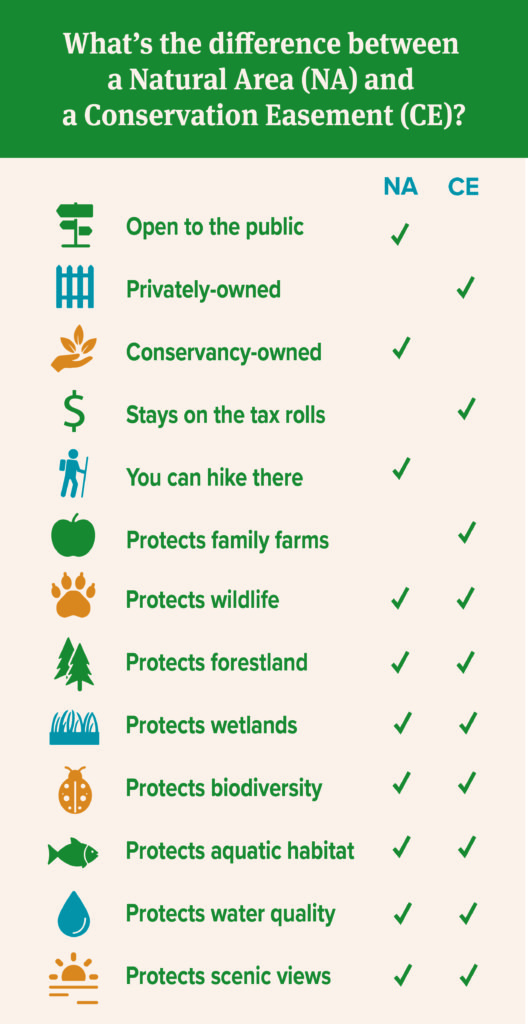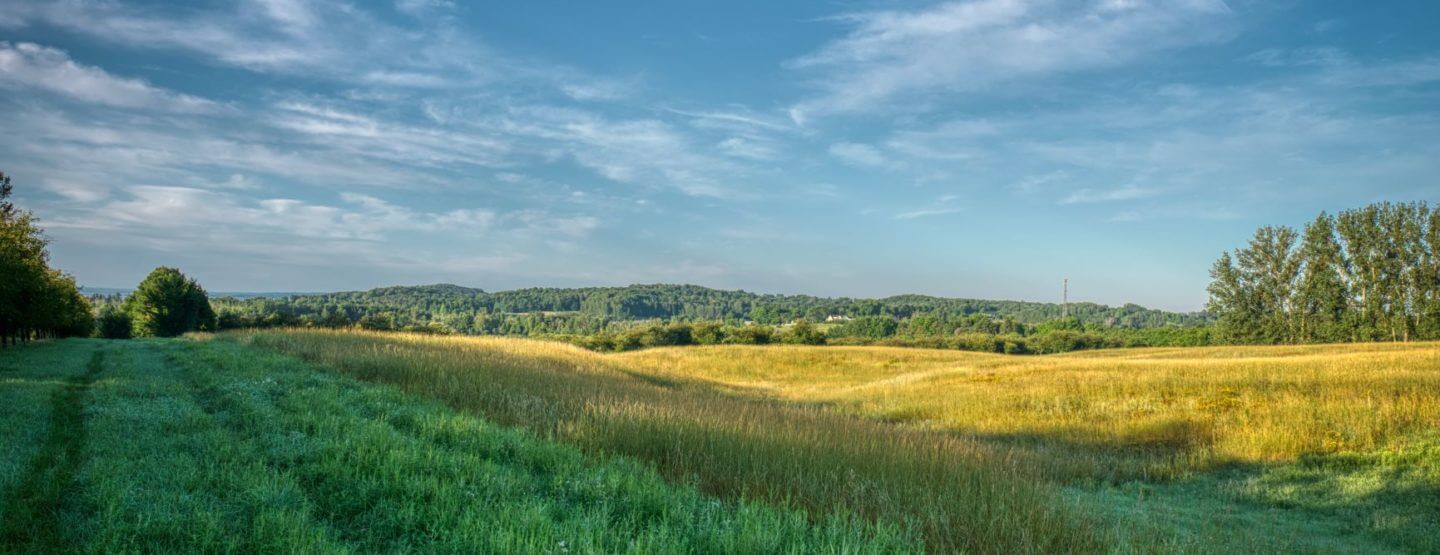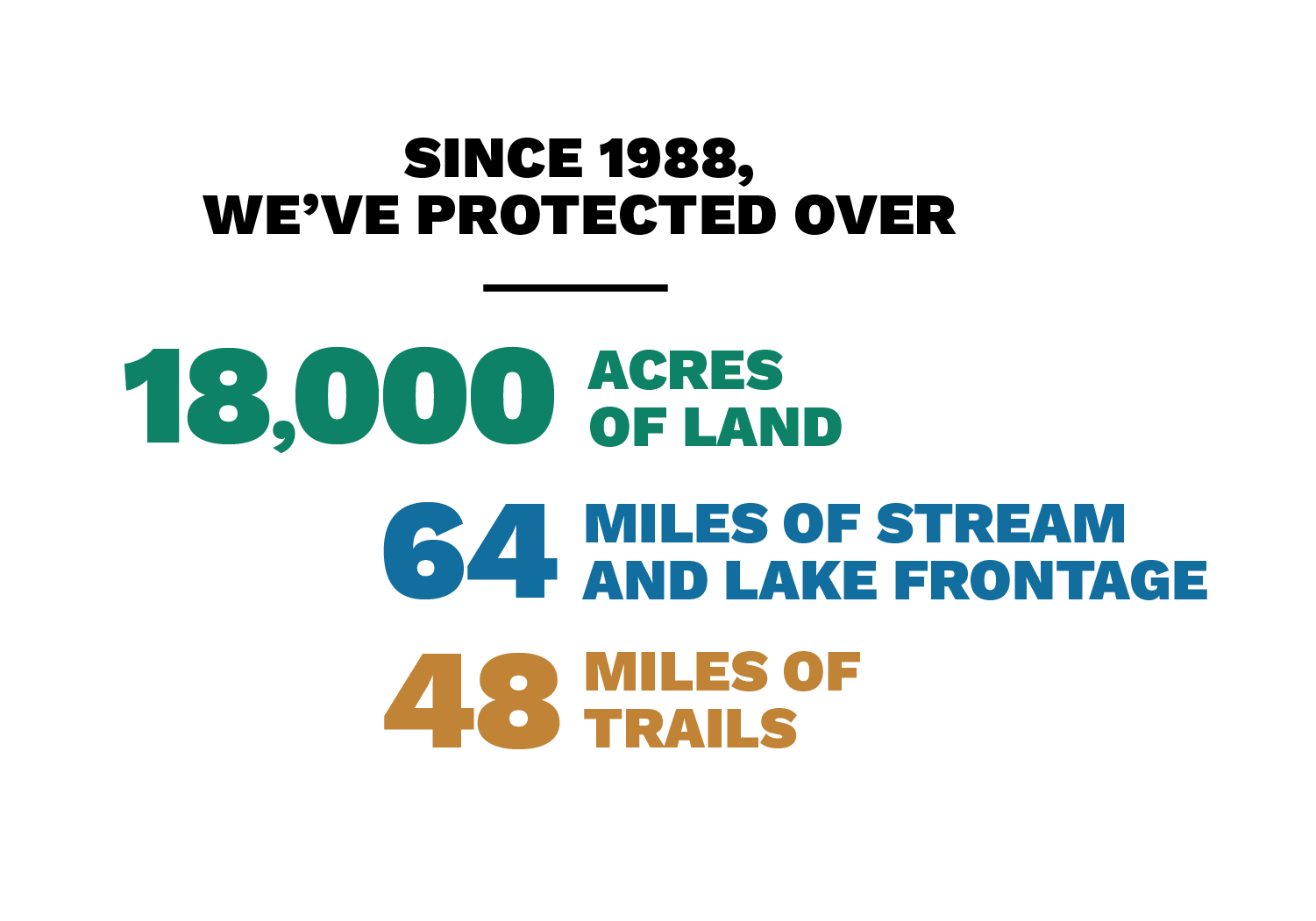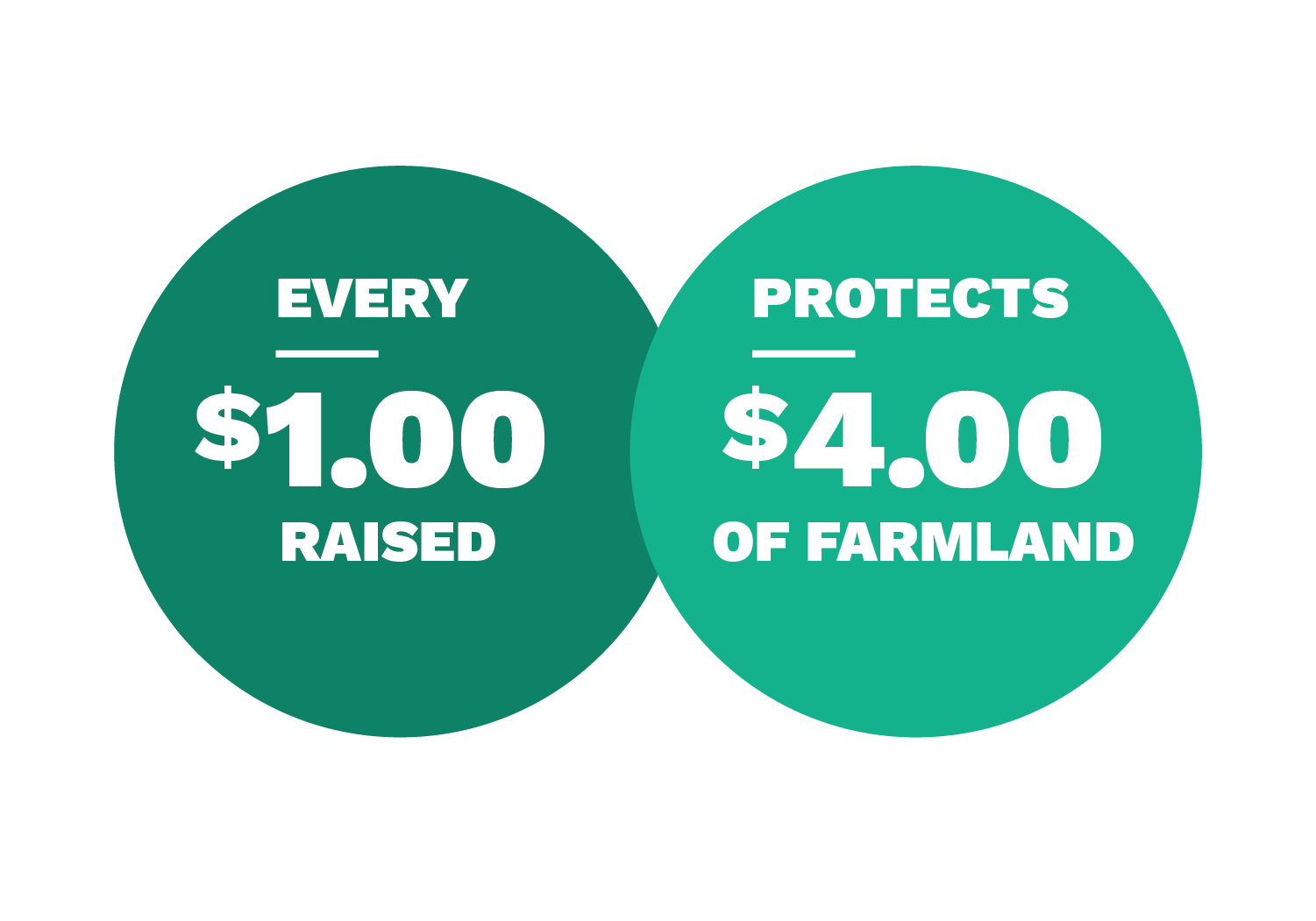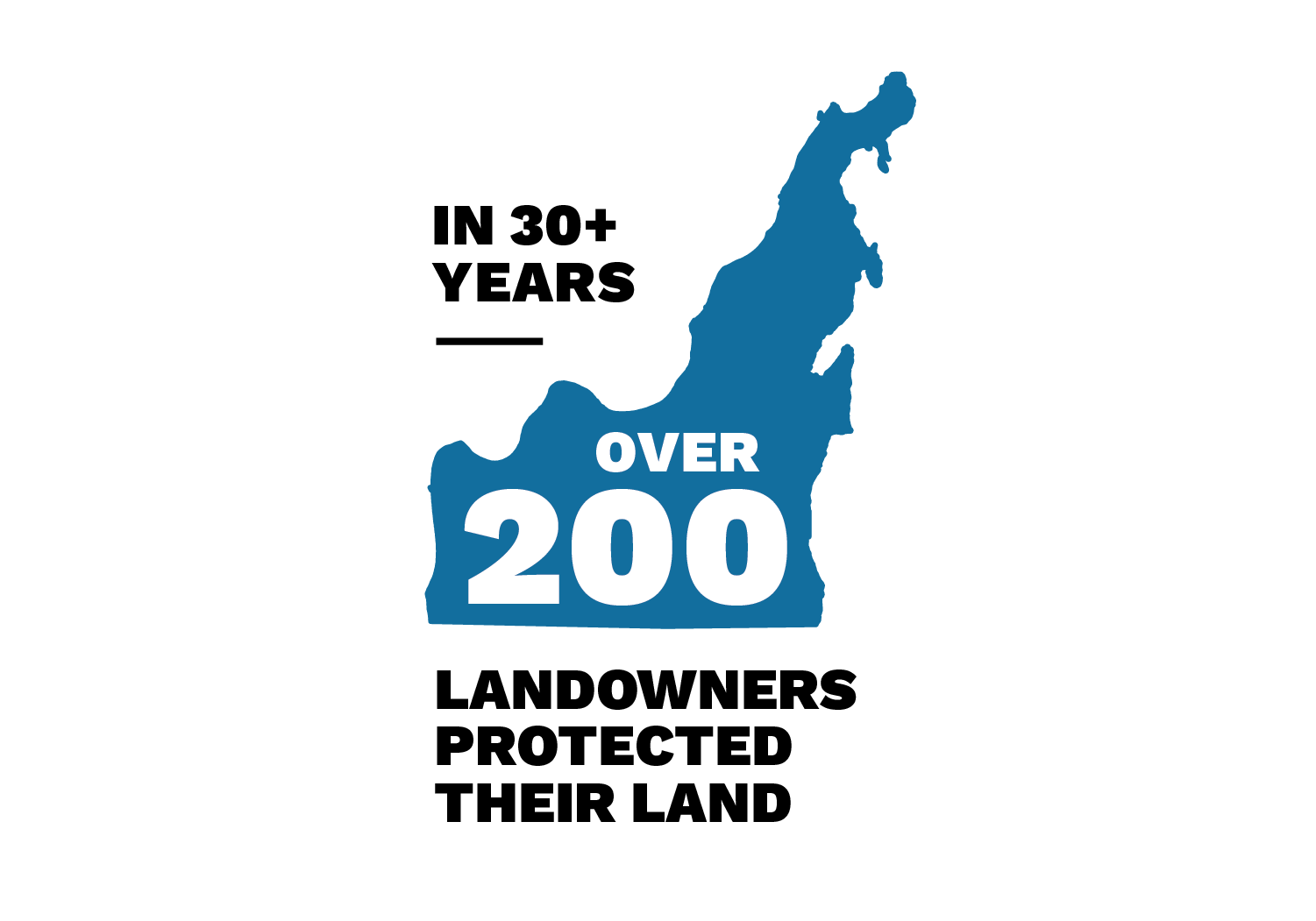Photo above of the Mawby Family Farm near Suttons Bay by Mark Smith
Leelanau County is a land of spectacular natural features and amazing farmland. The Leelanau Conservancy is working hard to protect some of the best of both landscapes. While we have a great story to tell about protecting both of these areas of concern, my focus in this report will be on our efforts to protect farmland.
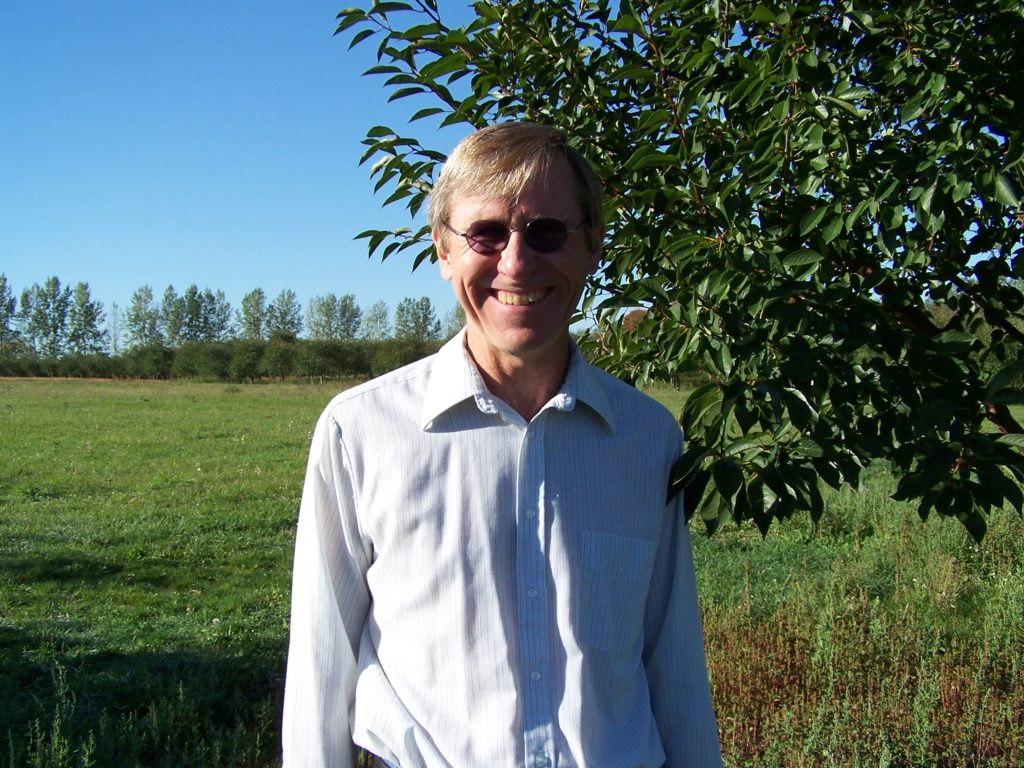
Leelanau County is home to many types of agriculture, but it is the production of tree fruit and wine grapes for which the peninsula is most recognized. We are blessed with some of the best sites for fruit production in the country. This occurs due to a combination of the climate moderating influence of Lake Michigan, rolling topography that allows spring frosts to flow off the hills into low areas and deep, well drained soils.
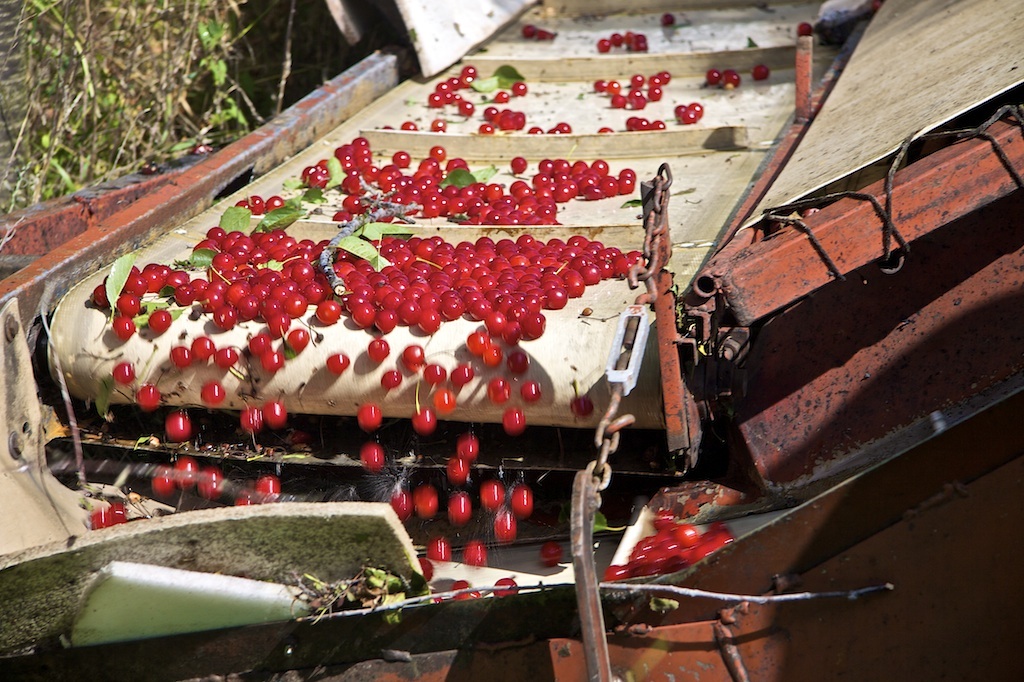
The challenge is that the same features that make this area so good for agriculture also make it attractive for residential development. The result is that the price of farmland is driven up due to the ability to develop housing, making it difficult for the next generation of farmers to afford. This “decoupling” of land value from its potential to generate income from agriculture is commonly found around expanding cities, but does not commonly occur in most farming areas of the country. When farmland is broken into small parcels and sold for development, the resulting fragmentation of the land makes it no longer suitable for commercial agriculture.
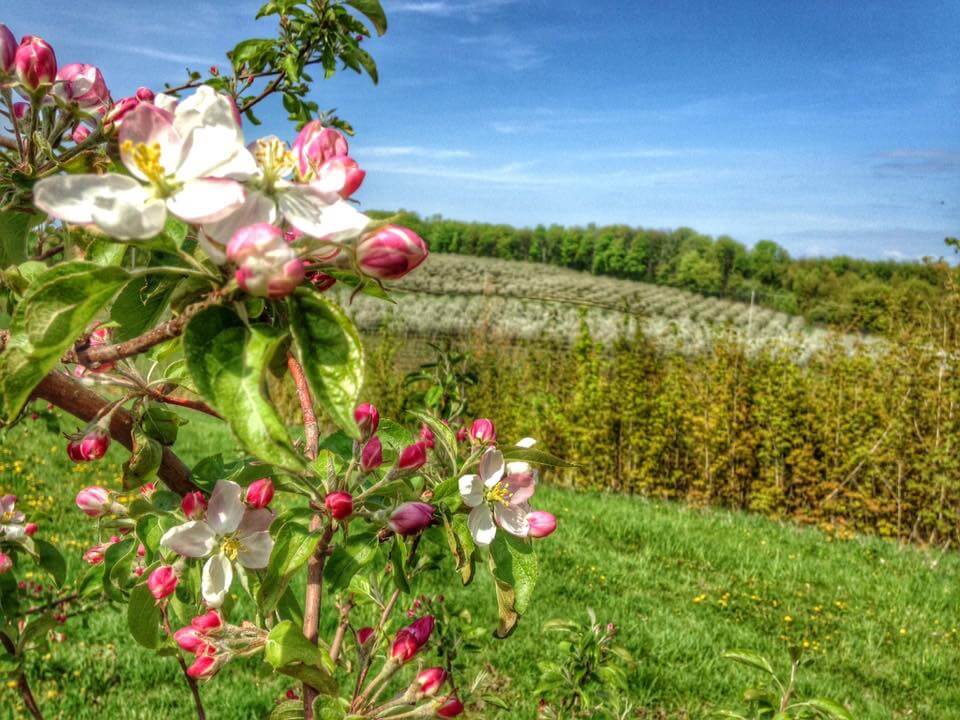
The Leelanau Conservancy is partnering with the farming community and others to help address this issue. When property is purchased in the United States it comes with many rights and some limitations. One of those rights is the right to split the land into smaller parcels and to convert the property from agriculture to another use, within the limitations of zoning and other laws. We at the Conservancy work with farmers who wish to see the land remain available for farming into the future.
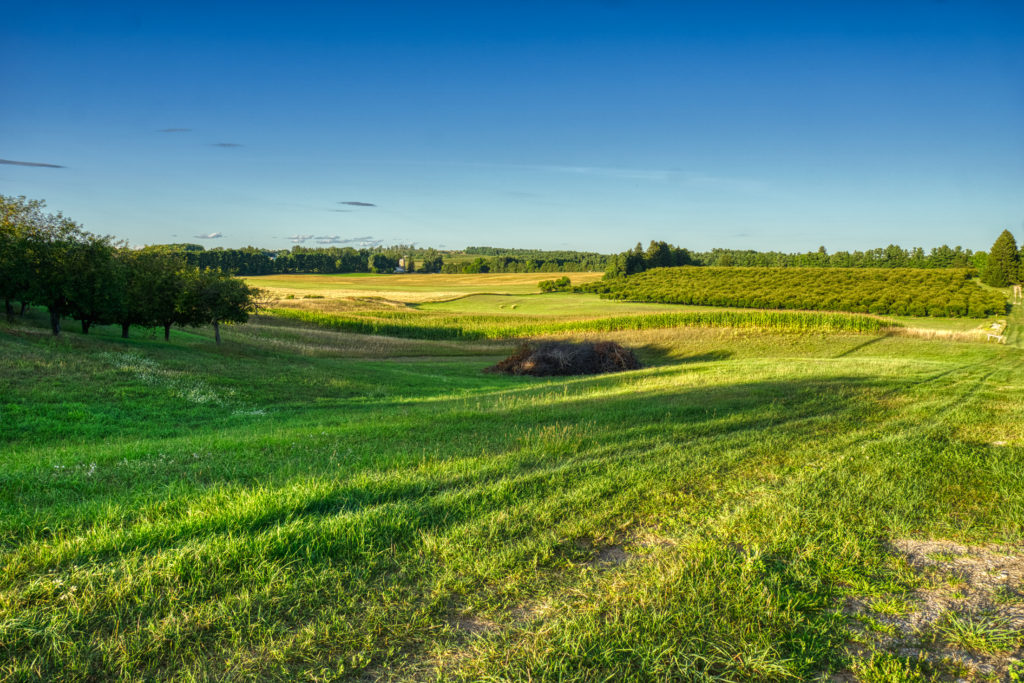
The tool used by the Conservancy and farmers is a Conservation Easement (CE). The CE is an attachment to the deed that prohibits certain development rights, depending on the particular CE. Other rights remain with the property, i.e., the property remains in private ownership, and the owner can decide whether or not to allow, forestry, hunting, etc. The land does not even have to be farmed, but it cannot be developed and therefore remains available for farming.
Acquiring a CE is often referred to as a purchase of development rights. In some cases farmers have donated Conservation Easements to the Conservancy, but most often farmers are not in a financial position to do so and therefore need to have some compensation for the CE.
Fortunately, national policy makers have recognized the importance of maintaining highly productive farmland and have developed a program at the United States Department of Agriculture (USDA) that partners with conservancies and farmers to establish conservation easements. Typically, the USDA provides 50% of the development value, the Conservancy pays up to 25% and the farmer donates approximately 25%. This program is really important to our success because for every $1 the Conservancy invests we get $4 worth of protection.
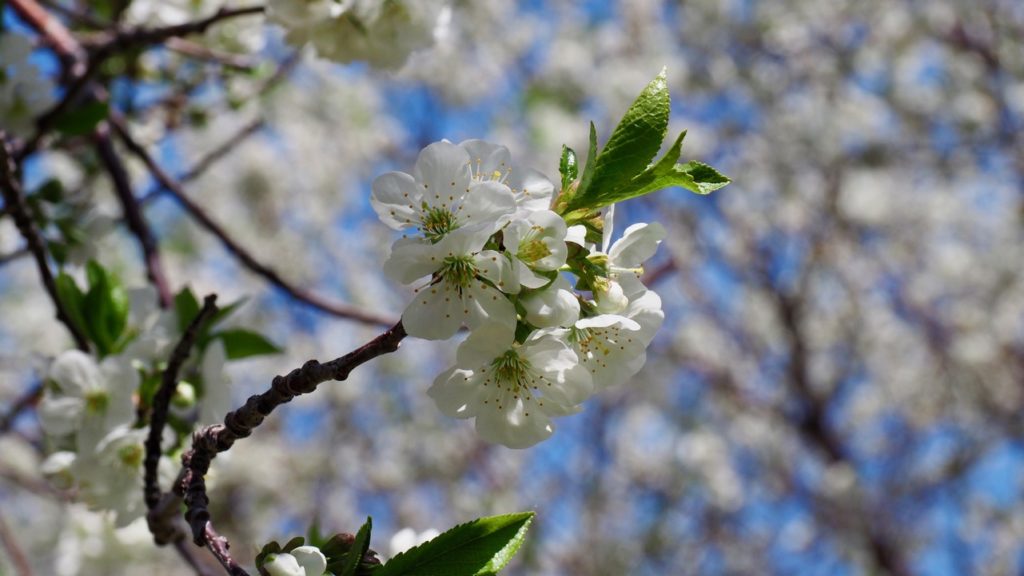
In 2020, the Leelanau Conservancy partnered with USDA and farmers to protect 500 acres of farmland on five farms. This brings the total to over 5,500 acres of land on 70 Leelanau farms that have been protected either through programs involving USDA assistance or from total donations by farmers.
At this point in time the pressure is increasing to convert land from farming into housing, but at the same time we are seeing ever increasing interest on the part of farmers to partner with the Conservancy to protect their land from future development. We are also blessed with successfully acquiring additional USDA funding for that will allow us to leverage approximately $10 million for farmland protection.
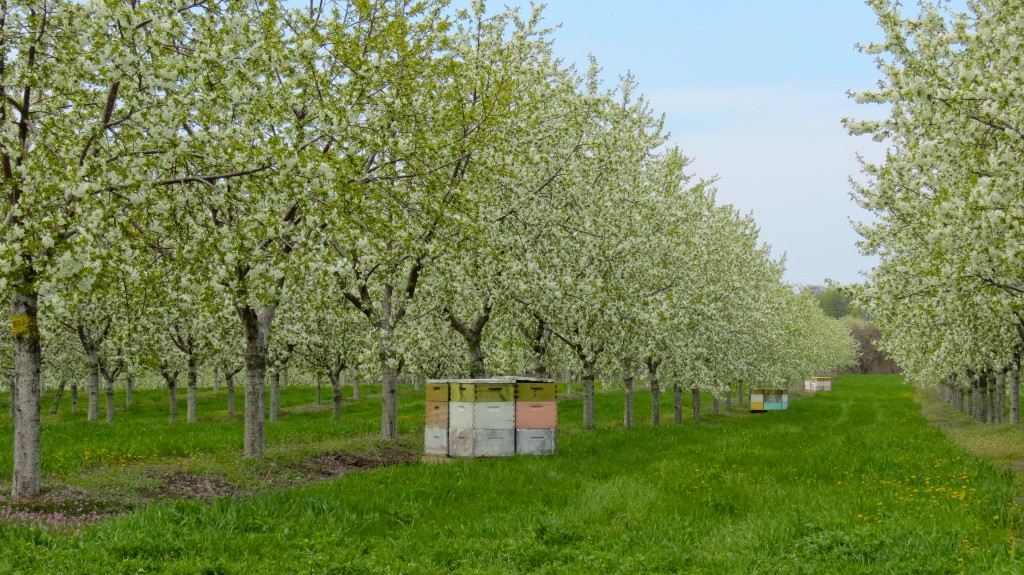
We are making a very significant difference by helping to maintain farmland and assisting the transfer of farms to the next generation. We sincerely appreciate the tremendous financial support of our members and the strong interest of the local farming community.
Together we will help keep Leelanau a land of highly productive farms and amazingly beautiful scenery with an abundance of diverse flora and fauna.
Jim Nugent (Board Chair)
Published in the 2020 Leelanau Conservancy Annual Report
